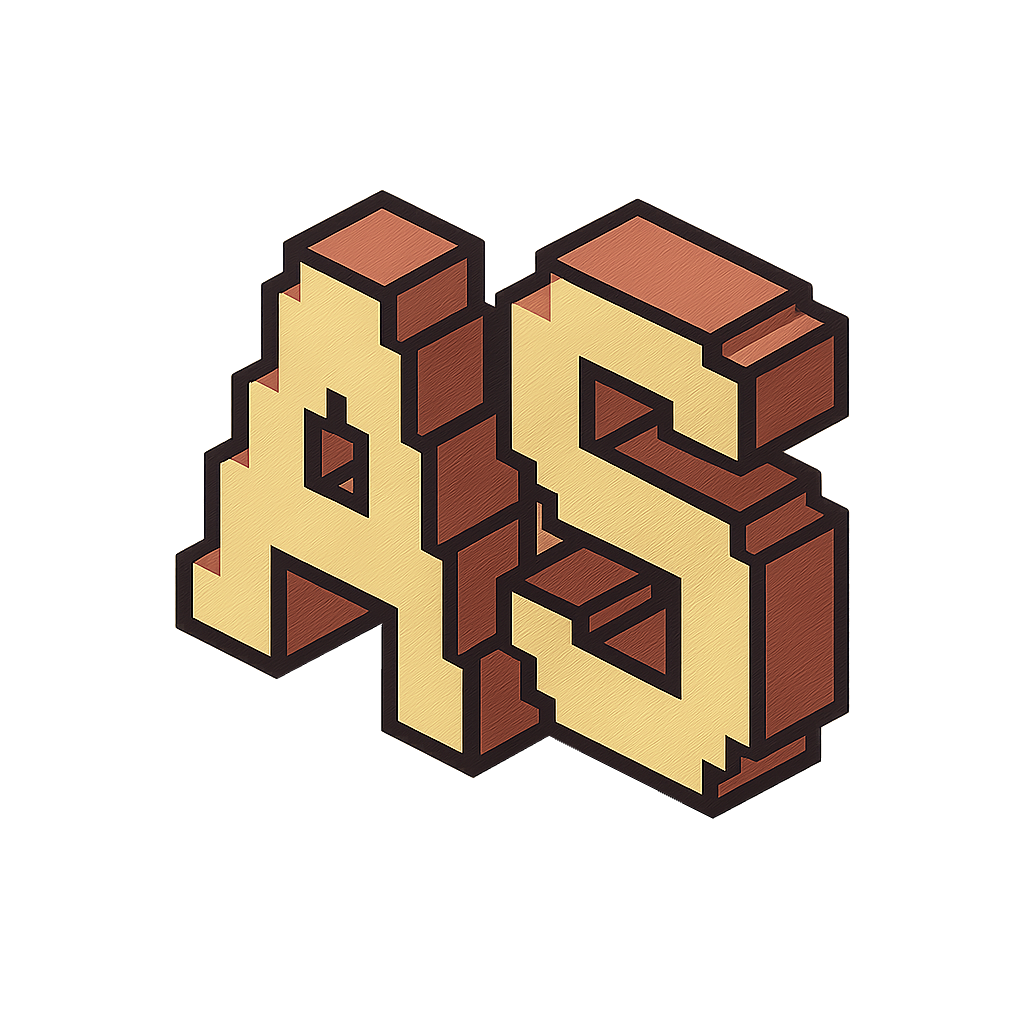The LOKA Protocol: A Game-Changer for Ethical AI Agent Governance
In an era where AI agents are rapidly evolving from simple tools to autonomous decision-makers, a fundamental question emerges: who – or what – is responsible when these agents interact with the world and each other? The recently proposed LOKA Protocol (Layered Orchestration for Knowledgeful Agents) offers a compelling answer to this pressing concern.
The Challenge of Autonomous AI
As AI systems become increasingly autonomous, capable of perceiving, reasoning, and acting independently, three critical gaps have emerged:
- Identity: Who or what is the agent?
- Accountability: Can its actions be verified, audited, and trusted?
- Ethical Alignment: How do we ensure AI systems reliably align with human values?
Most current AI agents operate in isolation, lacking standardized methods for establishing identity, communicating securely, or making ethical decisions. This fragmentation creates significant risks – from accountability gaps to ethical misalignment – as these systems proliferate across critical sectors.
Enter LOKA: A Unified Framework
Researchers from Carnegie Mellon University have proposed the LOKA Protocol as a comprehensive solution to these challenges. At its core, LOKA represents a systems-level architecture for building ethically governed, interoperable AI agent ecosystems.
The protocol introduces three groundbreaking components:
- Universal Agent Identity Layer (UAIL): Provides decentralized, verifiable identity for AI agents using cryptographic standards like Decentralized Identifiers (DIDs) and Verifiable Credentials (VCs).
- Intent-Centric Communication: Enables agents to exchange semantically rich, ethically annotated messages for meaningful coordination.
- Decentralized Ethical Consensus Protocol (DECP): Allows agents to make context-aware ethical decisions based on shared values while respecting jurisdictional differences.
The Four-Layer Architecture
LOKA's architecture consists of four interconnected layers:
1. Identity Layer
Based on Self-Sovereign Identity principles, this layer assigns each AI agent a unique, verifiable, and portable identity. The agent – not a central authority – controls this identity, establishing the foundation for accountability.
2. Governance Layer
The Decentralized Ethical Consensus Protocol enables collaborative ethical decision-making through peer-to-peer voting mechanisms. Agents operate within a Contextual Ethics Framework that balances universal principles with specific regional or domain requirements.
3. Security Layer
LOKA incorporates future-proof security through post-quantum cryptography, ensuring that agent communications remain secure even as quantum computing advances. Privacy-preserving technologies like homomorphic encryption and multi-party computation enable confidential yet verifiable collaboration.
4. Consensus Layer
Decentralized consensus mechanisms facilitate trustless collaboration among AI agents, with adaptive protocols that can select the most appropriate consensus algorithm based on the context and resource constraints.
Why LOKA Matters Now
The timing of LOKA's introduction is significant. As competing agent communication protocols like Google's Agent2Agent (A2A) and Anthropic's Model Context Protocol (MCP) gain traction, LOKA distinguishes itself by addressing the fundamental issues of identity, ethics, and governance.
While A2A focuses on agent-to-agent communication and MCP handles tool integration, LOKA approaches the problem from first principles: establishing who agents are before determining how they should interact. As one researcher notes, "Our vision is to illuminate the critical questions that are often overshadowed in the rush to scale AI agents."
Practical Applications and Benefits
The implications of LOKA extend across numerous domains:
- Healthcare: Agents can collaborate on patient care while maintaining strict privacy and ethical standards.
- Financial Services: Autonomous trading agents can operate with verifiable identities and auditable decision trails.
- Supply Chain: Collaborative decision-making among agents can optimize resource allocation while respecting ethical constraints.
- Public Services: Government AI systems can maintain transparency and accountability through immutable audit logs.
By embedding identity, trust, and ethics at the protocol level, LOKA creates a foundation for AI agents that can safely operate across organizational boundaries while remaining aligned with human values.
The Road Ahead
The LOKA Protocol remains a conceptual framework, with significant research and development needed before widespread implementation. Key challenges include:
- Scalability: Managing billions of AI agents requires robust infrastructure.
- Global Adoption: Success depends on widespread acceptance of these standards.
- Ethical Consensus: Defining shared ethical baselines across diverse cultural contexts presents profound challenges.
Despite these hurdles, LOKA represents a vital step toward responsible AI governance at scale. As autonomous agents become increasingly integrated into our digital infrastructure, frameworks like LOKA provide essential guardrails to ensure these systems remain beneficial, transparent, and accountable.
Conclusion
The LOKA Protocol offers a promising vision for the future of AI agent governance – one where identity, accountability, and ethics are not afterthoughts but foundational elements of the system architecture. By addressing these fundamental concerns, LOKA could help usher in an era of AI that is not only powerful but also trustworthy.
As we navigate the complex landscape of increasingly autonomous AI systems, initiatives like LOKA remind us that technology governance isn't just about what these systems can do, but who they are, how they make decisions, and whether those decisions align with our shared values.
What do you think about the LOKA Protocol and its approach to AI governance? Do you believe decentralized frameworks are the answer to ensuring ethical AI development? Share your thoughts in the comments below.
Tags: AI Agent, Agentic AI, LOKA, MCP Server
